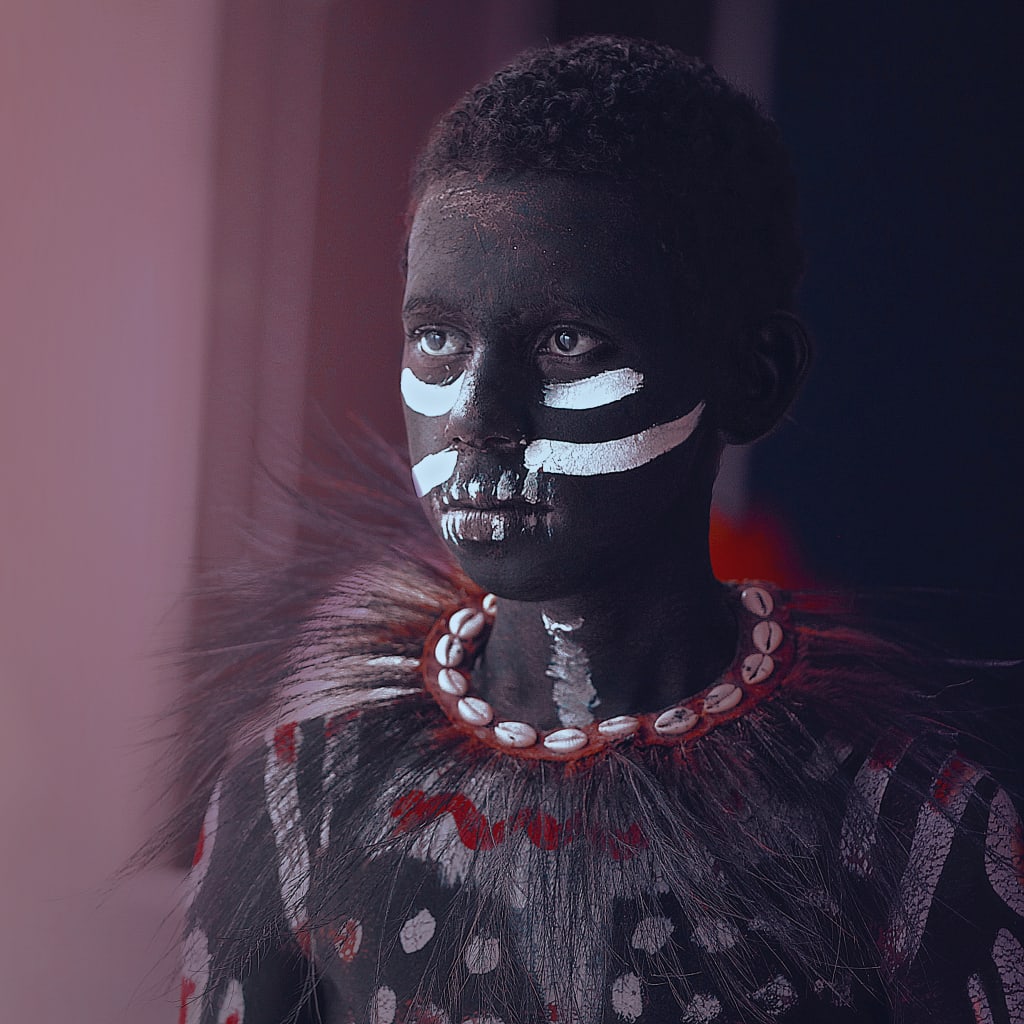The Kota tribe
an indigenous tribe that inhabits the Nilgiri hills of Tamil Nadu, India

The Kota tribe is an indigenous tribe that inhabits the Nilgiri hills of Tamil Nadu, India. They are known for their unique style of music, which involves the use of bamboo flutes and drums, as well as their rich history and culture. In this blog post, we will explore the history and way of life of the Kota tribe in more detail.
The history of the Kota tribe dates back several centuries, and is steeped in myths and legends. According to legend, the Kotas were created by the god Shiva, who is believed to have given them their distinctive music and dance. It is also believed that the Kotas were once part of a larger group of tribes who inhabited the region, but over time they became isolated from the other tribes and developed their own unique culture and traditions.
The Kotas are primarily an agricultural tribe, and are known for their expertise in cultivating a variety of crops, including coffee, tea, and pepper. They also rear livestock, including cows and buffaloes, which are an important source of food and income for the tribe. The Kotas are also skilled artisans, and are known for their intricate beadwork and weaving, which is used to make a variety of items, including baskets and bags.
One of the most distinctive features of the Kota tribe is their unique style of music, which is characterized by the use of bamboo flutes and drums. The music is often accompanied by dance, and is an important part of the tribe's cultural identity. The music is believed to have originated from the god Shiva, who is said to have given it to the Kotas as a gift. The music is used to mark important occasions, such as weddings and festivals, and is also used to communicate with the gods.
The Kotas have a rich oral tradition, and many of their stories and legends have been passed down from generation to generation. One of the most famous legends of the Kota tribe is the story of Kaddu Malai, which tells the story of a brave hunter who saves his people from a ferocious tiger. Another famous story is the legend of the Kota king, who is said to have ruled over the tribe for many years and was known for his wisdom and bravery.
The Kotas have their own distinct language, which is part of the Dravidian language family. The language is still spoken by the tribe today, although it is in danger of becoming extinct due to the influence of other languages. Efforts are being made to preserve the language, and there are ongoing initiatives to teach it to younger members of the tribe.
In terms of religion, the Kotas follow their own unique belief system, which is a mix of animism and Hinduism. They believe in a variety of gods and spirits, and their religious practices include offerings of food and drink, as well as the use of sacred objects and rituals. The Kotas also have their own system of medicine, which is based on the use of herbs and other natural remedies.
Despite their rich history and culture, the Kota tribe faces a number of challenges today. One of the biggest challenges is the threat of displacement due to development projects in the region. The Kotas are also vulnerable to economic exploitation, and many of them live in poverty. There is a need for greater recognition of the Kotas' cultural and historical importance, as well as for measures to protect their rights and interests.
In conclusion, the Kota tribe is a unique and fascinating group of people with a rich history and culture. Their distinctive music, art, and traditions are a testament to their creativity and resilience, and their way of life serves as a reminder of the importance of preserving cultural diversity in a rapidly changing world. While the challenges facing the Kota tribe are many, there is hope that their unique way of life will continue to thrive
About the Creator
BILL KISHORE
Storyteller, dreamer, and adventurer.






Comments
There are no comments for this story
Be the first to respond and start the conversation.